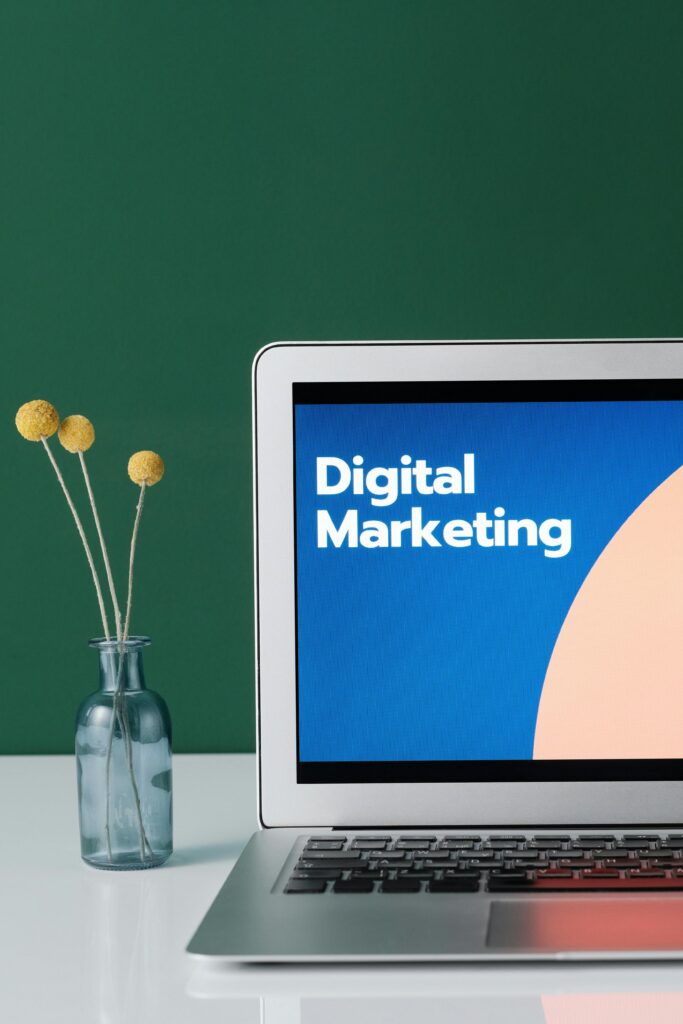Digital marketing has revolutionized how businesses connect with their audiences. From its modest beginnings to becoming a cornerstone of modern commerce, the journey of digital marketing reflects innovation, adaptation, and boundless potential. Let’s explore its fascinating evolution and how it has shaped today’s business landscape.
The Dawn of Digital Marketing
The origins of digital marketing date back to the late 20th century when the internet emerged as a new frontier for communication and commerce. Key milestones include:
- 1990s: The Birth of the Web and Email Marketing With the launch of the World Wide Web in 1991, businesses began experimenting with online presence. Email marketing quickly gained traction as companies used newsletters and promotional emails to engage with customers. Platforms like Hotmail further popularized email, marking the beginning of direct online communication.
- 1994: The First Online Banner Ad AT&T’s banner ad on HotWired is often considered the first paid digital advertisement. This innovative approach to marketing highlighted the potential of reaching audiences online.
Search Engines and the SEO Revolution
As the internet expanded, search engines like Yahoo (1994) and Google (1998) revolutionized information retrieval. This led to the birth of Search Engine Optimization (SEO), as businesses realized the importance of ranking higher in search results to drive organic traffic.
- The Rise of Pay-Per-Click (PPC) Google AdWords (now Google Ads) debuted in 2000, allowing advertisers to bid for ad placements on search results pages. This model transformed how businesses approached digital marketing, offering measurable ROI.
The Social Media Era
The mid-2000s witnessed the rise of social media platforms like Facebook, YouTube, and Twitter. These platforms reshaped digital marketing by fostering direct interaction between brands and consumers.
- Content Marketing Takes Center Stage Blogs, videos, and infographics became essential tools for brands to tell their stories and provide value. Viral campaigns demonstrated the power of social sharing, turning ordinary posts into global phenomena.
- Influencer Marketing Emerges Social media influencers gained prominence, offering brands a relatable and trusted way to reach niche audiences.
The Mobile Revolution
The advent of smartphones transformed digital marketing yet again. Mobile-friendly websites and applications became a necessity as consumers increasingly browsed and shopped on the go.
- App-Based Marketing Platforms like Instagram, Snapchat, and TikTok enabled highly visual and interactive marketing strategies.
- Geotargeting and Personalized Ads Location-based services allowed businesses to deliver personalized offers in real-time, further enhancing consumer engagement.
Data-Driven Marketing and AI Integration
Today, data analytics and artificial intelligence (AI) are at the heart of digital marketing. These technologies allow businesses to:
- Understand consumer behavior in real-time.
- Automate marketing campaigns through tools like chatbots and email workflows.
- Predict trends and personalize user experiences at scale.
Challenges and Ethical Considerations
As digital marketing evolves, it faces challenges like data privacy, ad fatigue, and misinformation. The introduction of regulations such as GDPR and ongoing advancements in privacy-focused technologies emphasize the need for ethical practices.
The Future of Digital Marketing
The future promises exciting innovations such as augmented reality (AR), virtual reality (VR), and blockchain technologies. These advancements will likely redefine how brands interact with audiences, creating immersive and secure digital experiences.
Conclusion
Digital marketing has come a long way from simple banner ads and email newsletters. Its evolution reflects the dynamic nature of technology and consumer behavior. As businesses continue to innovate and adapt, one thing is certain: digital marketing will remain a vital tool for connecting with audiences in meaningful and impactful ways.

